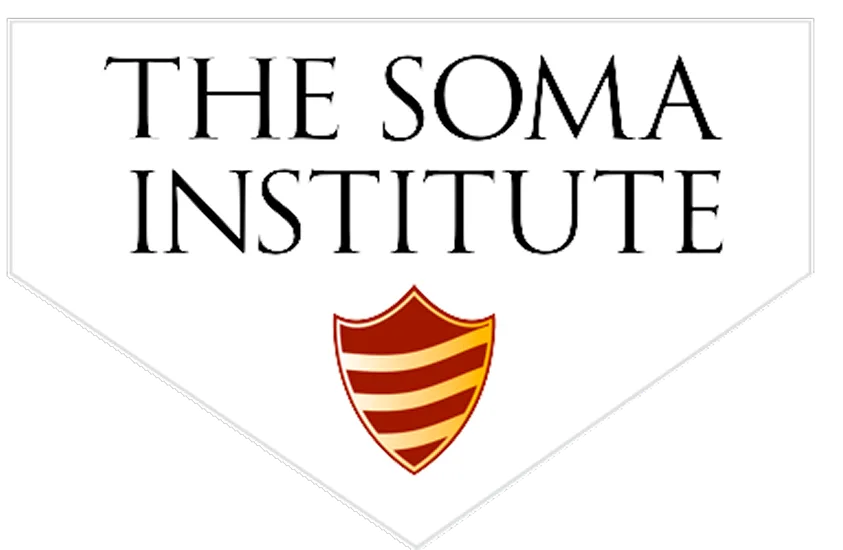By Joan Hannant, Founder & CEO of The Soma Institute
Effective communication is the cornerstone of any successful massage therapy practice. It builds trust, ensures client comfort, and enhances the therapeutic experience. For aspiring massage therapists, mastering the art of communication is as crucial as learning the techniques of massage itself. Here’s how to effectively communicate with clients before, during, and after a massage, fostering an environment of trust and comfort that encourages repeat business and referrals.
Before the Massage
- Consultation and Assessment: Begin with a thorough consultation, allowing clients to discuss their health history, concerns, and goals for the session. This initial conversation is crucial for tailoring the massage to their needs and setting the stage for a successful outcome.
- Setting Expectations: Clearly explain what the client can expect during the massage, including the techniques you plan to use and how they might feel. Addressing any questions or concerns beforehand can significantly enhance the client’s comfort and trust.
During the Massage
- Ongoing Check-ins: Regularly check in with your client about the pressure and comfort level. This not only ensures their physical comfort but also reinforces their feeling of being heard and cared for.
- Non-Verbal Cues: Pay attention to non-verbal cues. Clients may not always vocalize discomfort or preference, so it’s important to be attuned to subtle signs of discomfort or relaxation.
After the Massage
- Feedback Session: After the massage, provide an opportunity for feedback. Ask how they felt during the session and if there are areas they would like to focus on more in future sessions.
- Home Care Tips: Offering advice on how to extend the benefits of the massage, such as stretching or hydration tips, can be invaluable for clients and shows your dedication to their well-being beyond the massage table.
Communication Skills at The Soma Institute
At The Soma Institute, we recognize the importance of client communication skills in massage therapy. Our curriculum is designed to not only teach the technical skills required for a successful career but also to enhance the interpersonal skills essential for effective client interaction. Our graduates are well-equipped to create a positive, healing experience for their clients, setting the foundation for a thriving practice.
